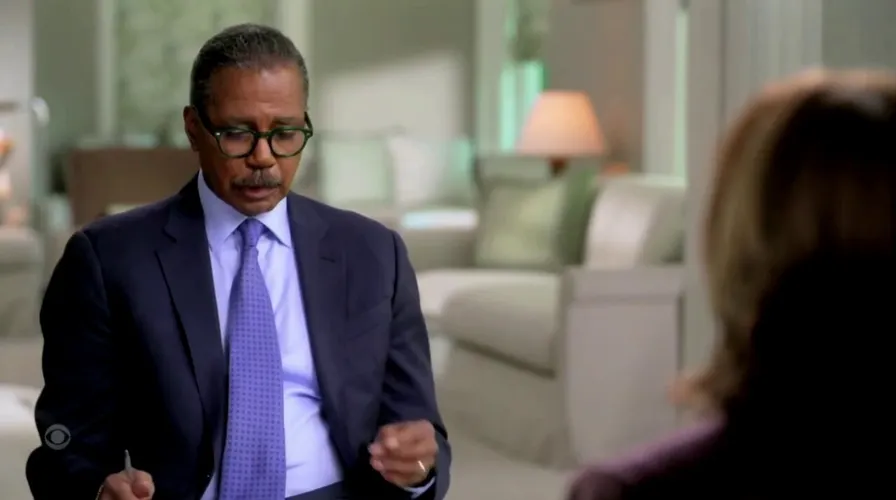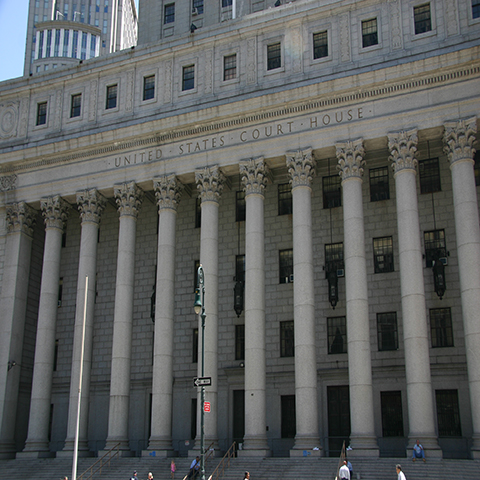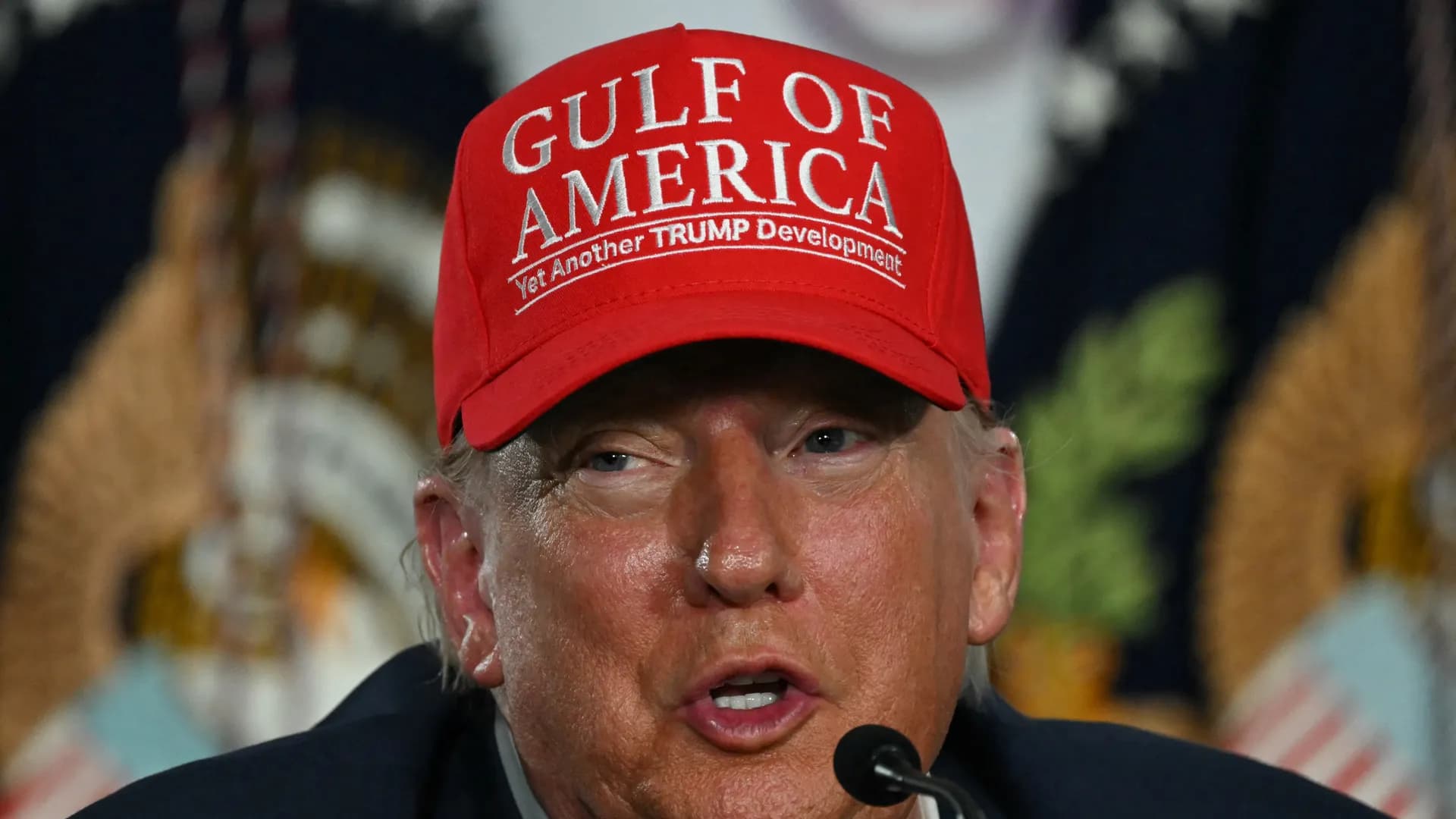Trump"s Lawsuit Ends Without Accountability
The recent settlement between Donald Trump and Paramount, where the media giant agreed to pay $16 million over a contentious 60 Minutes interview with Vice President Kamala Harris, raises serious questions about the integrity of press freedom in America. Trump initially sought a staggering $20 billion, claiming the edited interview harmed his business interests and caused him "mental anguish." However, the final settlement, which includes no admission of wrongdoing or apology, highlights the troubling trend of powerful figures manipulating legal systems to silence dissent and criticism.
Implications for Media and Democratic Governance
This case is not merely about Trump. It signifies a broader attack on journalistic independence, where financial settlements can be interpreted as capitulations to intimidation tactics. As reported by Brookings, Trump"s legal maneuvers have established a precedent that could empower other public figures to threaten legal action against media outlets, effectively chilling free speech. The ramifications extend beyond CBS; they threaten the very principles of democratic governance that rely on a robust and independent press to hold power accountable.

5 key takeaways from Kamala Harris" "60 Minutes" interview ...
Corporate Interests Compromise Journalistic Integrity
In a landscape where corporate interests often prevail, Paramount"s decision to settle raises ethical concerns. Critics, including Senators Bernie Sanders and Elizabeth Warren, have warned that this might appear as a bribe to regulators amid Paramount"s ongoing merger negotiations with Skydance Media. This situation underscores the dangerous intersection of corporate influence and journalism, where the quest for profit can undermine the public"s right to unfiltered information. The resignations of CBS executives Bill Owens and Wendy McMahon, who opposed the settlement, further illustrate the internal conflicts faced by news organizations caught between business imperatives and journalistic ethics.
Regulatory Oversight and Ongoing Investigations
The Federal Communications Commission (FCC) is currently investigating the interview in question, with Chairman Brendan Carr stating that "all options remain on the table" regarding potential actions against CBS. This ongoing scrutiny connects the dots between media accountability and regulatory oversight, illustrating how Trump"s lawsuit has not only targeted a news outlet but has also entangled the FCC in a web of political and corporate interests. As reported by NPR, the implications of these lawsuits threaten to reshape the landscape of press freedom in ways that could favor corporate interests over the public good.

New York State Supreme Courthouse - Department of Citywide ...
The Broader Context of Trump"s Legal Battles
This isn"t Trump"s first rodeo with media companies; similar lawsuits against Disney and Meta resulted in settlements, indicating a pattern of using legal threats to exert control over narratives. Trump"s strategy appears aimed at discrediting media that dare to challenge him, framing critiques as personal attacks rather than essential journalistic inquiries. According to UAF, such tactics are indicative of a broader assault on the First Amendment, where the powerful seek to reshape public discourse to their advantage.



![[Video] Gunfire between Iraqi security forces and Sadr militias in Baghdad](/_next/image?url=%2Fapi%2Fimage%2Fthumbnails%2Fthumbnail-1768343508874-4redb-thumbnail.jpg&w=3840&q=75)
